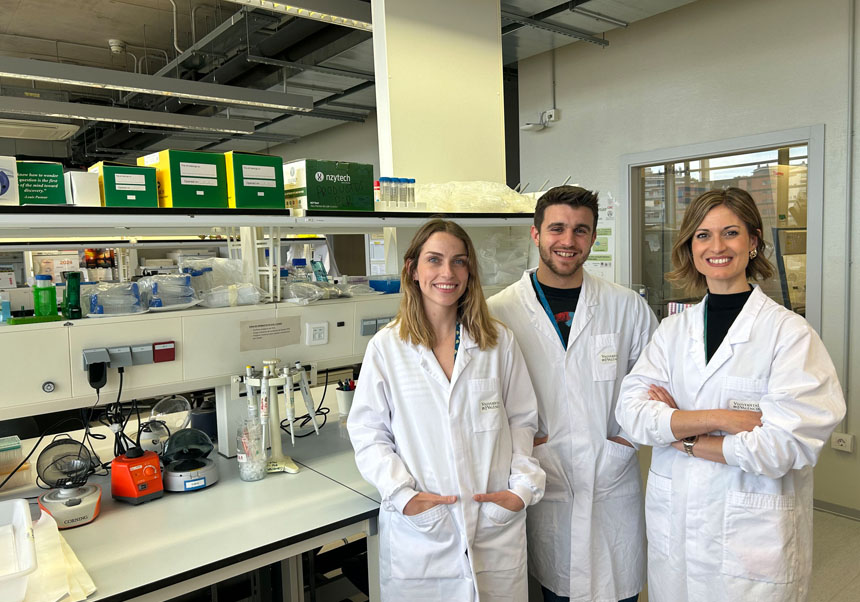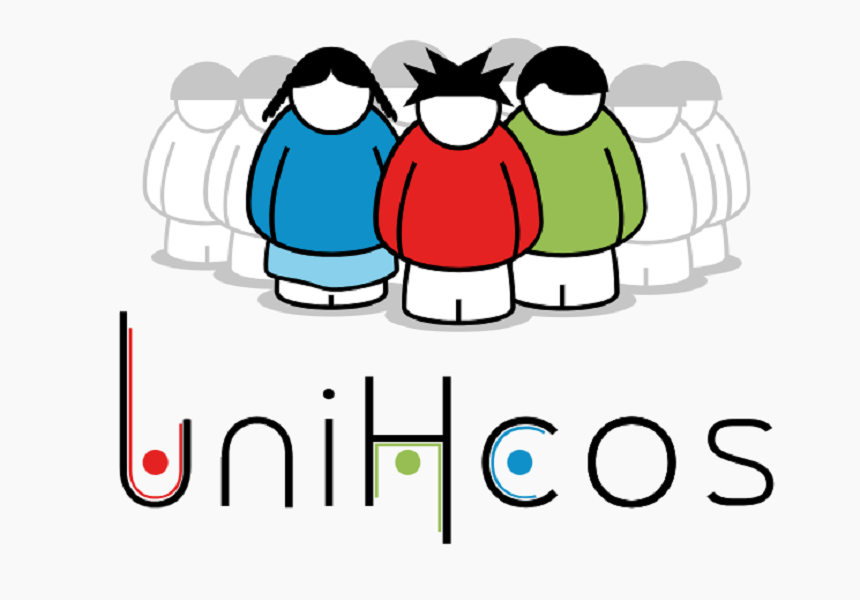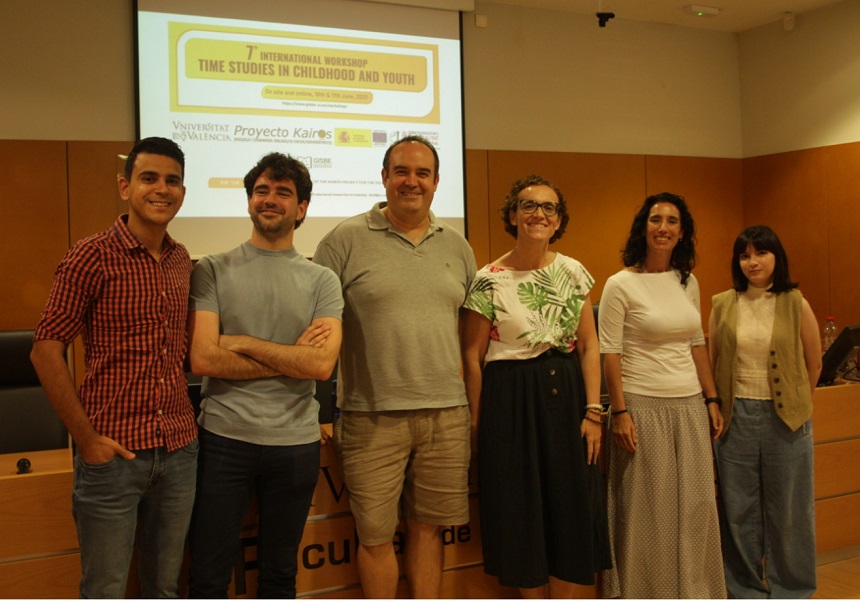The University and CSIC obtain first clinical results of viruses that destroy multi-drug-resistant bacteria
- Scientific Culture and Innovation Unit
- June 25th, 2024

Researchers from the Institute for Integrative Systems Biology (I2SysBio), a joint centre of the University of Valencia and the Spanish National Research Council (CSIC), together with the Yale Phage Therapy Center (USA), La Fe University Hospital in Valencia and Virgen del Rocío Hospital in Seville, have published an evaluation of the therapeutic use of viruses that infect bacteria, known as phages, used to treat respiratory infections. The work, published in the prestigious journal Med (Cell Press), provides promising results and represents a breakthrough in phage therapy.
Among all the infections that concern the healthcare sector, antibiotic-resistant pathogenic bacteria remain an unresolved challenge. The emergence of multi-drug-resistant bacteria particularly affects patients with cystic fibrosis who suffer from recurrent bacterial lung infections.
Using a protocol developed by the Environmental and Biomedical Virology Group at I2SysBio, led by Pilar Domingo-Calap, the first phage preparations in Spain have been produced and approved by the Spanish Agency for Medicines and Health Products (AEMPS) for compassionate use.
To date, the research group has carried out about ten treatments in collaboration with Spanish hospitals and the Yale Phage Therapy Center (USA), with successful results in most patients, notably, the cases published in the journal Med conducted at La Fe University Hospital (Valencia) and the Virgen del Rocío Hospital (Seville). These involved two patients with cystic fibrosis who had respiratory infections caused by Staphylococcus aureus and/or Pseudomonas aeruginosa. “The treatments were tolerated without generating any side effects, but in all cases, phage-neutralising antibodies were detected”, explains Pilar Domingo. Despite this, a reduction in infection and clinical improvement was observed in one of the patients.
This study is the first report of anti-phage antibodies after nebulised therapies (therapies that deliver the drug through a nebuliser or inhaler), demonstrating their capacity to induce an immune response even in short and minimally invasive treatments. These findings underline the need for long-term patient follow-up to assess the immune system's response.
The scarcity of clinical trials and the lack of standardised follow-up protocols have hindered the implementation of phage therapy in hospitals. The approval of these treatments by AEMPS is complex and their use is restricted to critically ill patients. Future clinical trials will assess their effectiveness and validate their use in patients.
With these results, the group led by Pilar Domingo advocates for the use of personalised therapies to avoid the generation of undesirable antibodies against potential therapeutic phages. “This research represents a significant advance in the understanding of phage therapy, laying the groundwork for future clinical trials”, says the I2SysBio researcher.
This study has been funded by the crowdfunding campaign @AdoptaUnFago promoted by the Spanish Cystic Fibrosis Foundation and the projects SEJIGENT/2021/014, PID2020-112835RA-I00, and the Ramón y Cajal contract RYC2019-028015-I.
Article reference: Mireia Bernabéu-Gimeno, Marco Pardo-Freire, Benjamin K. Chan, Paul E. Turner, Ana Gil-Brusola, Santiago Pérez-Tarazona, Laura Carrasco-Hernández, Esther Quintana-Gallego, Pilar Domingo-Calap. 2024. «Neutralizing antibodies after nebulized phage therapy in cystic fibrosis patients». Med (Cell Press). 5:1-16. DOI: https://doi.org/10.1016/j.medj.2024.05.017
Categories: Recerca, innovació i transferència , Institut de Biologia Integrativa de Sistemes (I2SYSBIO) , Internacionalització recerca , Col·laboració amb empresa , Difusió i comunicació científica , Investigació a la UV
















